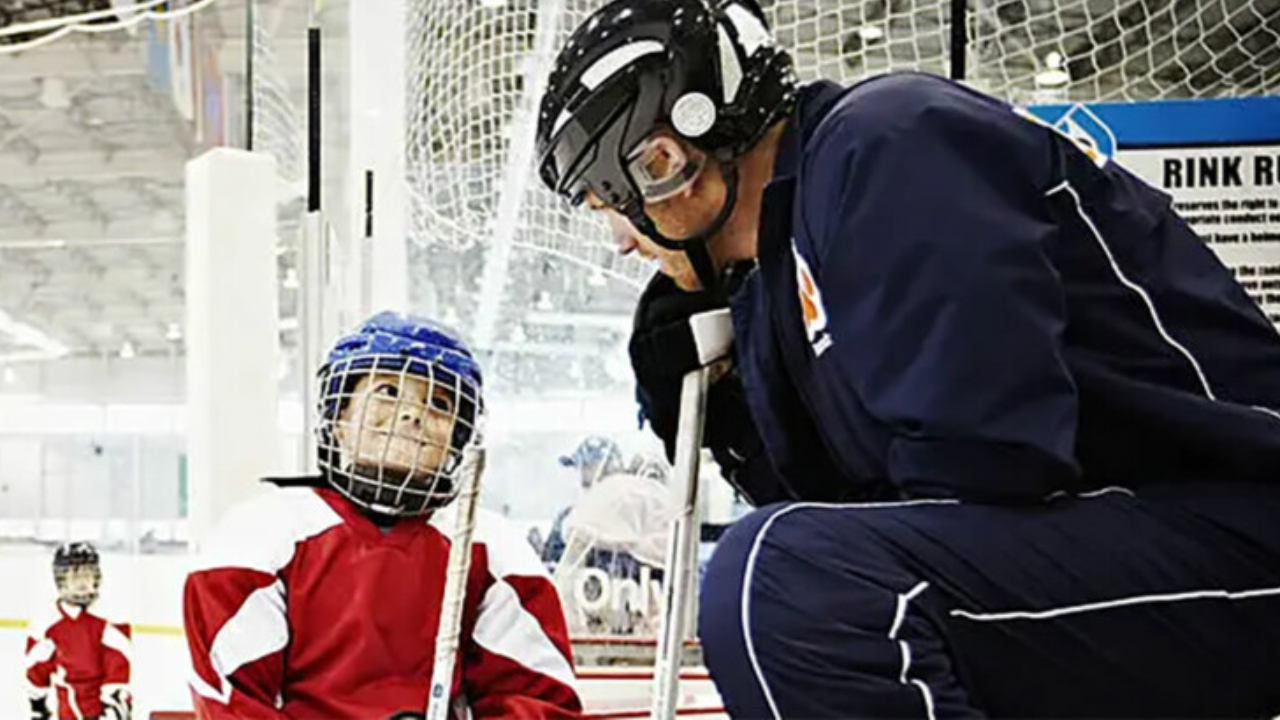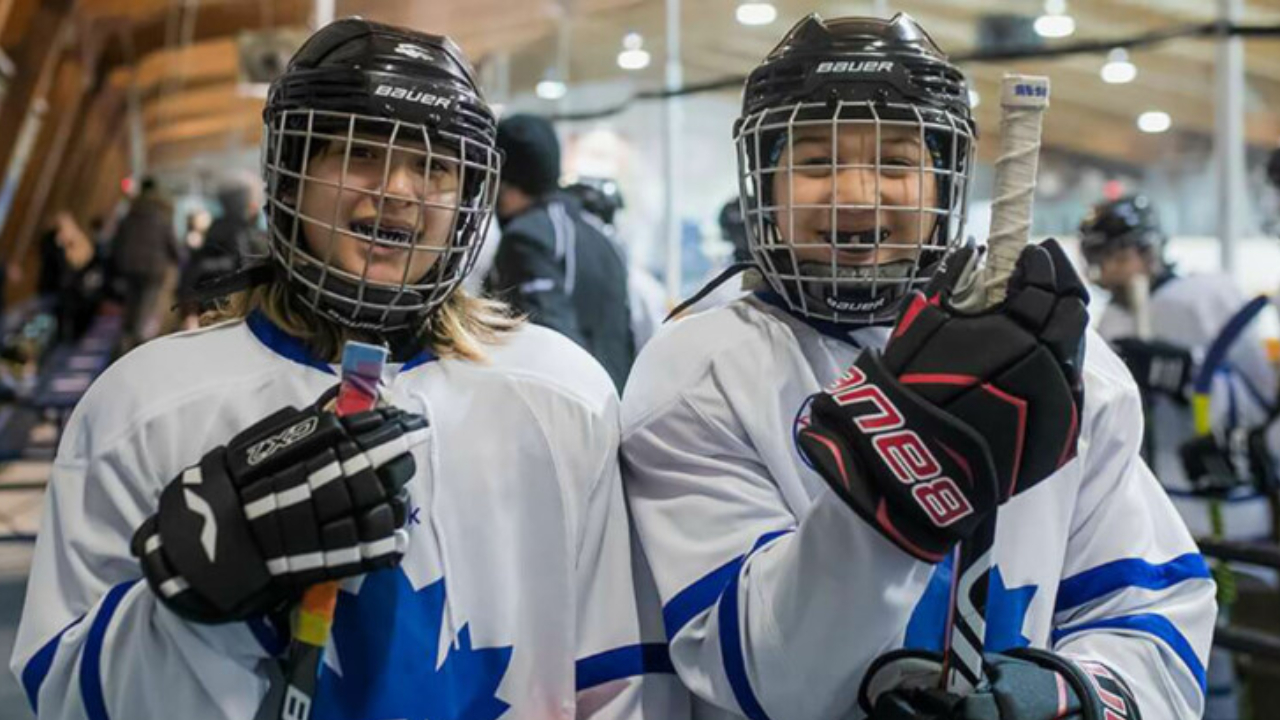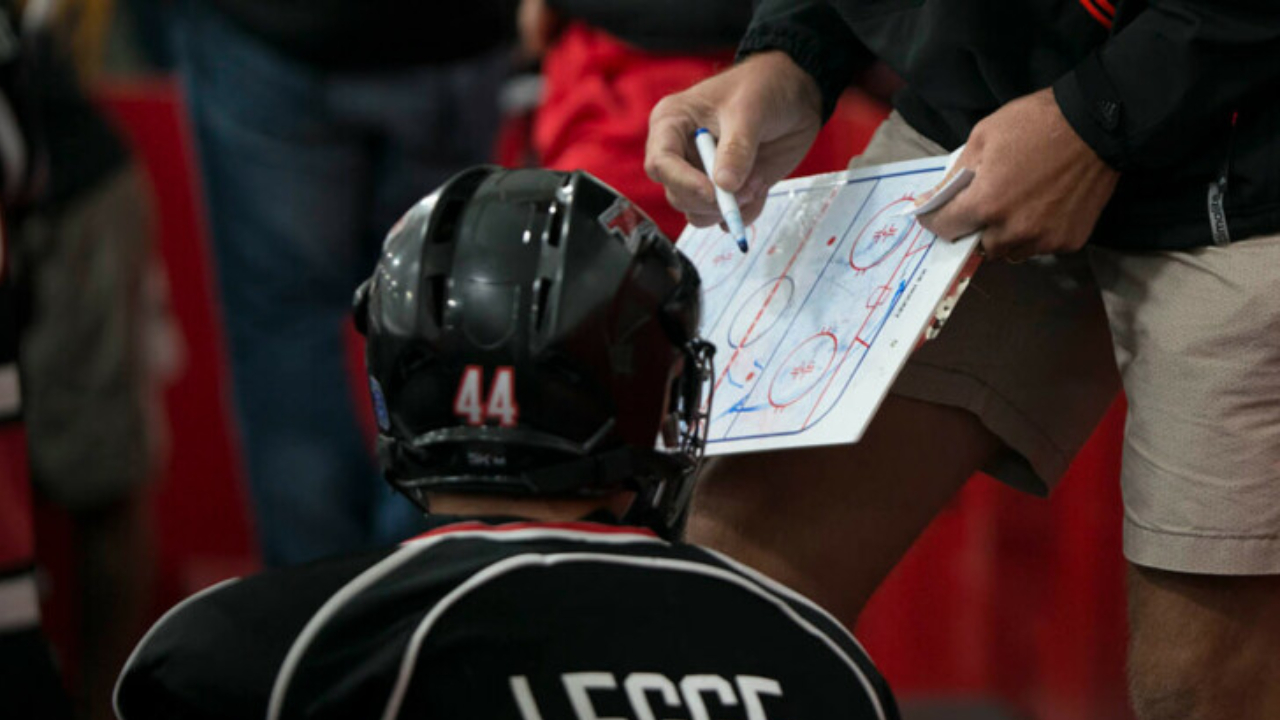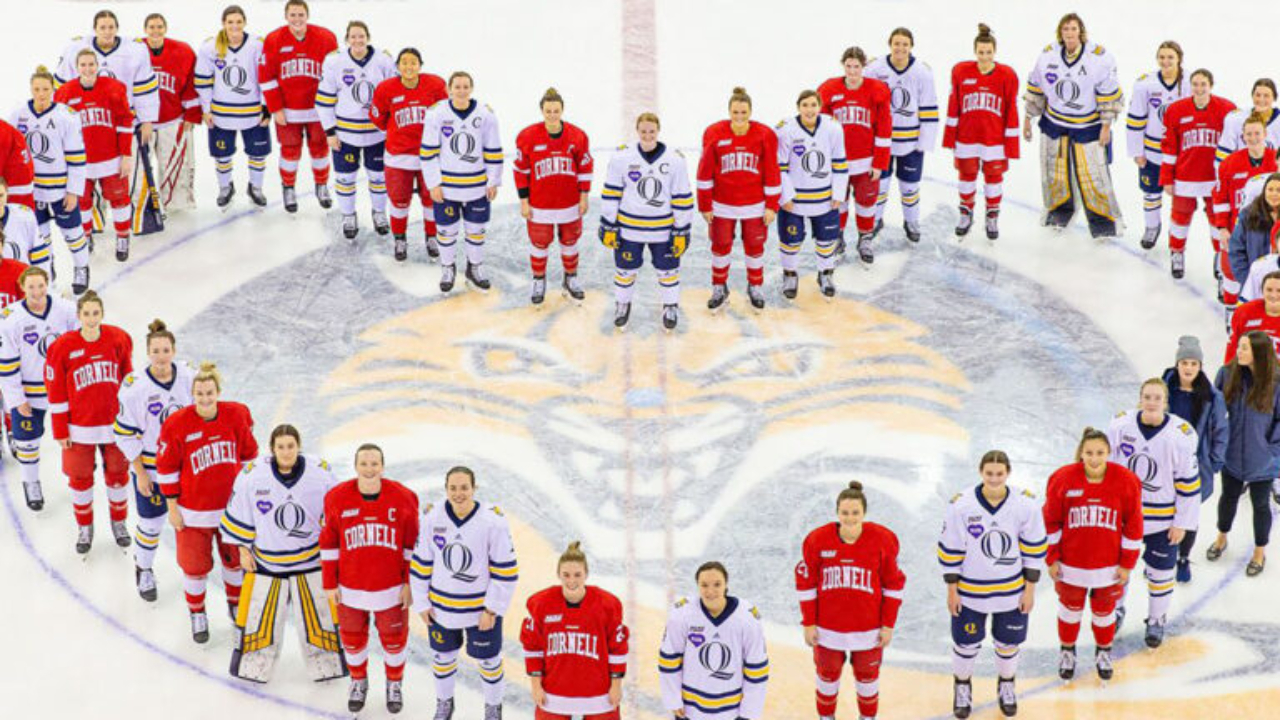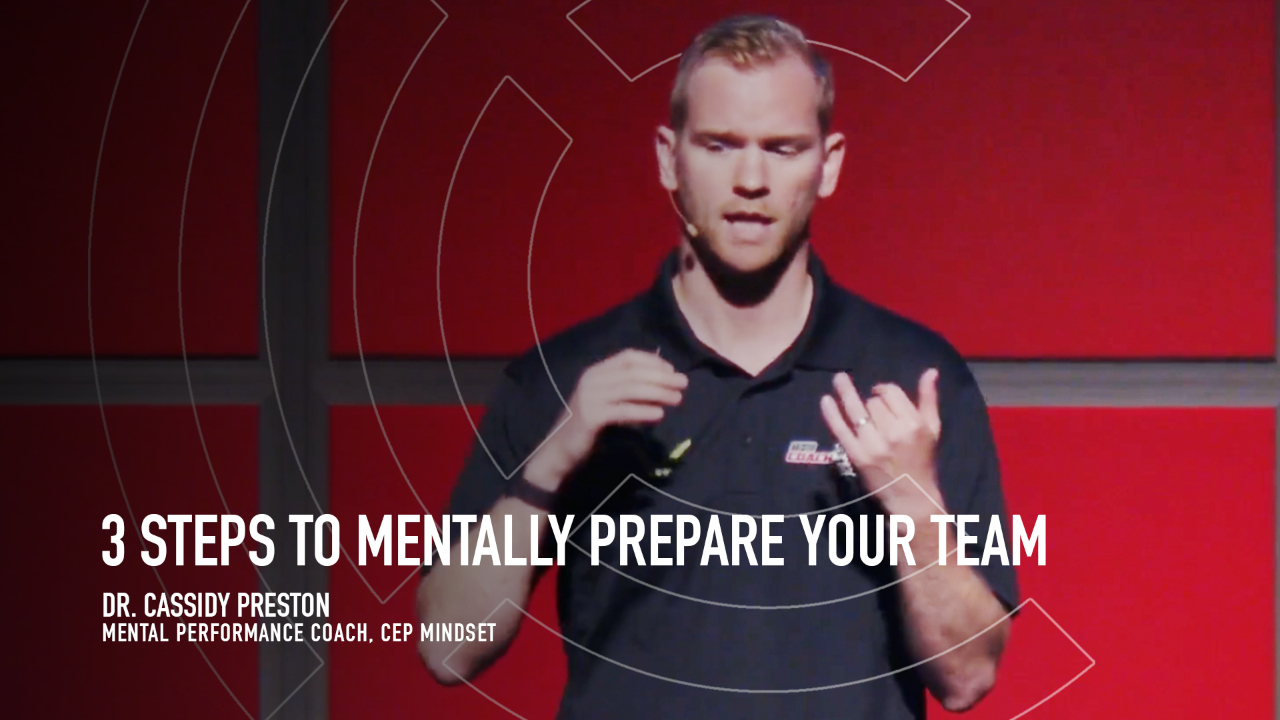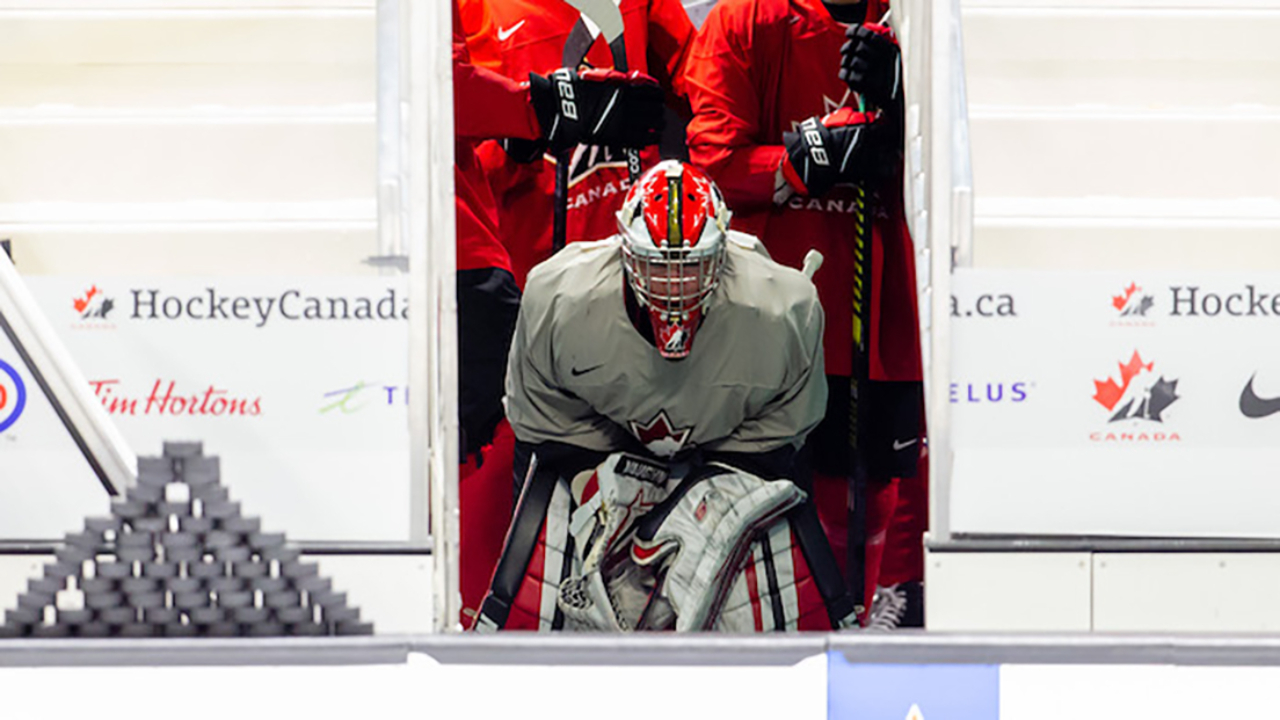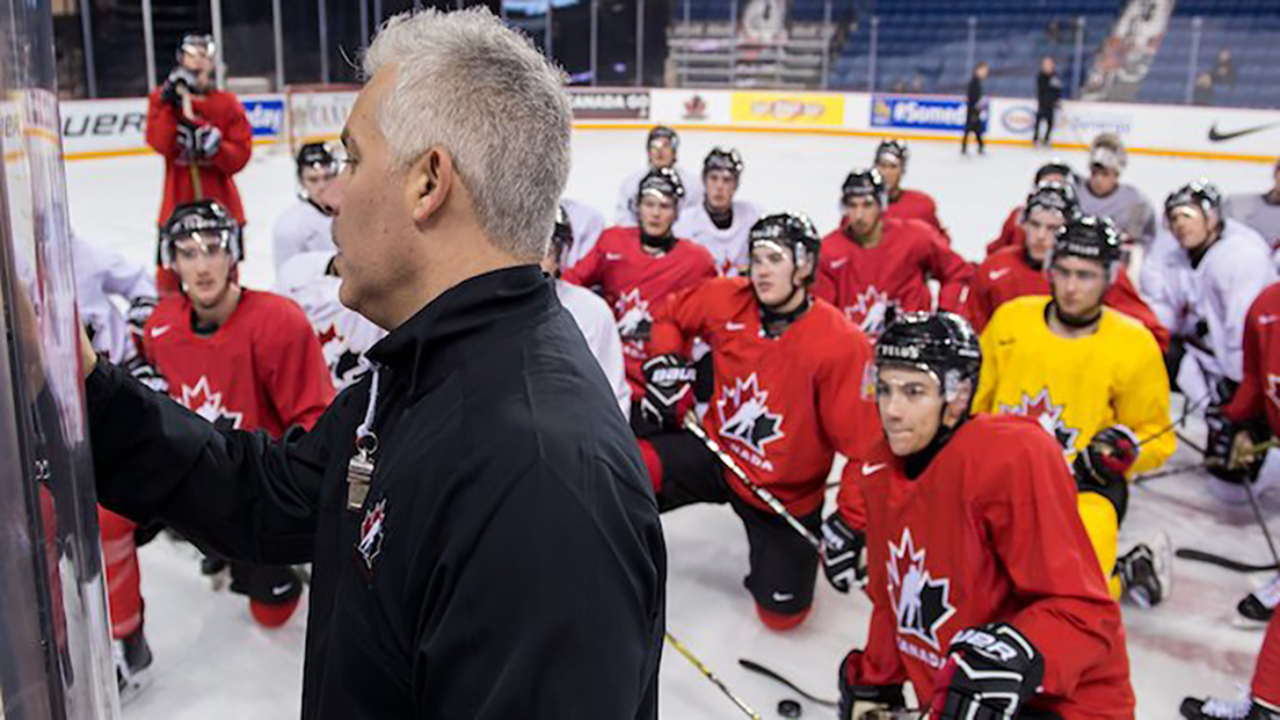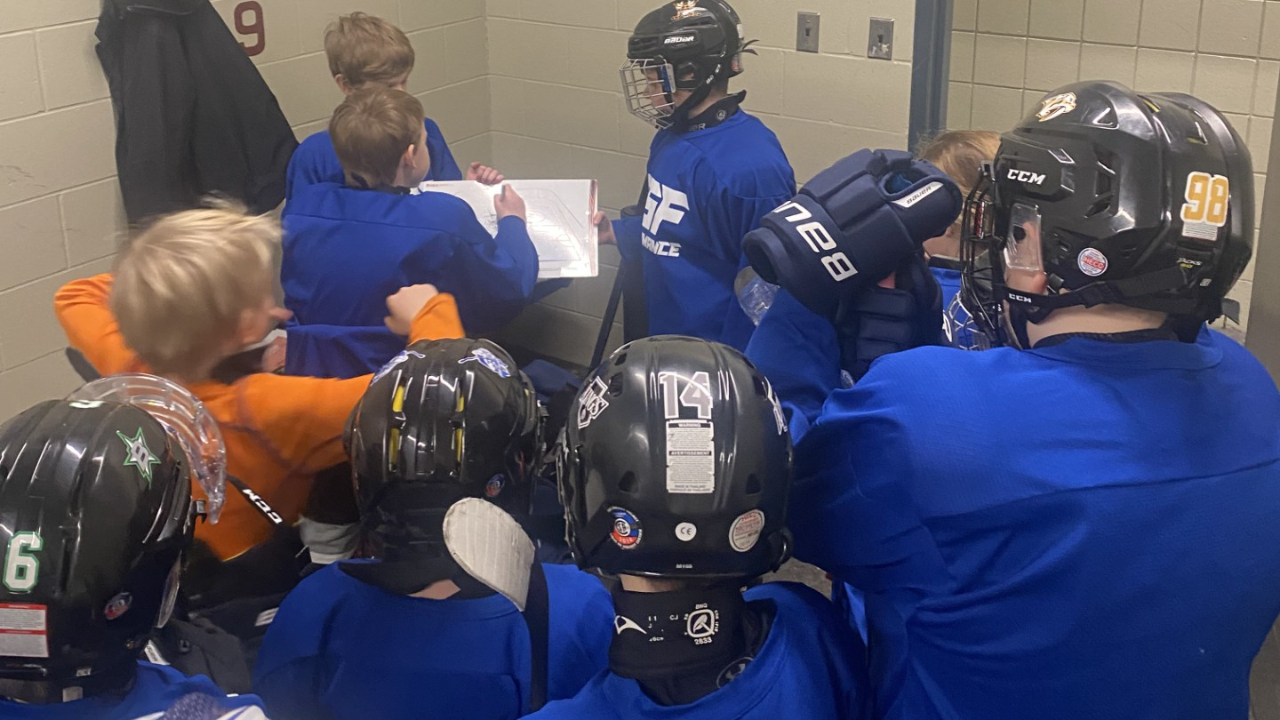
Photo Credit Daniel St Louis
I’m not an expert in the area. I’m not downplaying this in any way. If you have followed my work, you know that I’ve written several articles on athletes that have struggled with ADHD and have tried to shed light on mental health issues surrounding the game of hockey for quite some time. I’ve never been diagnosed with ADHD, but several people over the years have said, “Craig, you definitely show signs of having ADHD.”
What’s the percentage of hockey players that have been diagnosed with ADHD? What’s the percentage of athletes across all of the sporting world that have been diagnosed with ADHD? Is that their superpower? Is that what makes them great at what they do or excel in their field?
Is ADHD your superpower or kryptonite? Would you ever classify ADHD that way?
The CDC classifies ADHD; As one of the most common neurodevelopmental disorders of childhood. It is usually first diagnosed in childhood and often lasts into adulthood. Children with ADHD may have trouble paying attention, controlling impulsive behaviors (may act without thinking about what the result will be), or be overly active.
I’ve heard some people say this over the years. “Thank God, the ADHD kicked in or I wouldn’t have known how to handle that one today.”
“Oh, the ADHD kicked in around lunchtime and l powered through.”
“I was so productive today, I got so much done, but I forgot to do that, oh shit.”
“ADHD doesn’t just kick in, it is there all of the time,” said Therapist and Mental Performance Coach from Mindfit Lesley Smyth.
“ADHD is managed by meds or deliberate and consistent use of strategies, the combination is also important because the strategies help compliment the medication,” Smyth added.
“When ADHD isn’t managed the brain can be over-stimulated/over-active and that’s when environments can become overwhelming or feel unmanageable.”
“When ADHD is controlled, it can allow the athlete to be super focused on the task and often be super productive. Coaches can do a lot to help athletes manage the symptoms with different approaches, but that’s if they understand the diagnosis and are willing to implement what’s needed,” explained Smyth.
What happens in the quiet moments, what happens when their “superpower” isn’t super? What happens then? What happens to the athlete or in this case the hockey player, when they’re on top of the world and seemingly everything is going their way until it’s not and then they feel overwhelmed with everything around them?
I’m reminded of a scene from Star Wars where they come out of warp speed into what they thought was meteor shower. It was the reminisce of Princess Leia’s planet. It’s incredibly difficult to navigate when worlds collide or everything that’s important to you blows up in your face. That’s perhaps the overwhelming anxiety ridden feeling that some athletes might feel when their “superpower” turns into their kryptonite.
How would a young athlete cope with those feelings or experiences? Who would they turn to? Who would understand them and what there are going through? You see it’s their superpower until it’s not. One elite level hockey player with ADHD had this to say when asked how difficult it is playing that level with ADHD.
“The most difficult part about playing elite level hockey with ADHD is how isolating it feels.”
“Like no one understands how to best support me because even I struggle with how to support myself,” the player said.
“It is emotionally exhausting to continue to show up and prove your worth when fear of rejection is an ADHD trait.”
“This on top of trying to stay focused during practice, almost impossible, remembering drills, managing a busy schedule, staying organized is not one of my strengths, sticking to workout routines and keeping up with school.”
“And not to mention the distraction that comes with overthinking every move I make during a game for fear of upsetting my coach and getting benched.”
“All of this is difficult for players without ADHD even, so imagine how much harder it is for someone with ADHD to manage?”
“I am figuring it out, slowly but surely,” said the player.
The resiliency on display and the mindset athletes or shall we “kids” because that’s exactly what they are, “kids” possess is vastly underrated and often times criticized. The resiliency these athletes possess is truly remarkable given everything they literally have to process and live with each and every day. Many coaches are quick to judge, quick to criticize, quick to reprimand and quick to punish all for the sake of accountability or treating “all” of the players equally. Nevertheless, those with ADHD the unwavering and relentless effort it takes to keep showing up each and every day trying to perform to the best of their ability under that kind of pressure and environment is truly awe inspiring.
You see many of us that don’t have ADHD have no idea what those athletes are going through, physically, emotionally and mentally. We all know “today’s athletes” are different and learn differently and I’m not strictly talking about ADHD here, every athlete is unique, so why aren’t coaches changing their approach or strategies it takes to reach, teach and work with their players?
To know better is to do better.
Lorissa Mills has studied Special Education and has a master’s degree in the Science of Education. Mills has done amazing work in the area of screen time and the impact it has on athletes. Her background as an athlete and coach who focused on Psychology, Sociology along with her M.Ed. has helped her learn how the brain operates which led her to Behavioural Consulting.
Mills created the Mental Game Academy with the goal of empowering athletes and coaches with mental skills for them to reach their optimum performance. Her main focus in this area has been the effects of screen time especially revolving around phones. The Mental Game Academy also works with athletes with ADHD and offered up some amazing teaching tips for coaches who have athletes with ADHD.
- Follow simple routines for practices - Each practice should have an agenda and format, athletes love routines and thrive in the ADHD athletes require it for the brain
- Be concise to your Players - When giving instructions make it simple and repeat. If introducing a new play, walk them through the play and stand near them explaining it.
- Let THEM FIDGET - If they need to run around or feel antsy, this is their brain saying I have energy…. ok, do some pushups or take a walk.
- Get to know your Players well (all of them). - The more you know about their family, dogs, friends, favourite foods the more you can connect and build trust. This also helps you see signs of frustration and have them use a tool to prevent further agitation. This goes for all players too.
- Meet them Where they are that day! - Athletes that have daily goals and focus helps them to engage. Maintain a long term goal to always give them a foundation to focus on.
- If they have an Outburst - Don’t be punitive and help them to choose a path out of it. Let them know your boundaries of course and when they step of our line but their brains need more reminders.
- Don’t threaten or Punish - These athletes will learn quickly through natural consequences. Like, “I didn’t learn the plays so I didn’t get to start” Solution: help them and their parents with the plays and be very clear.
- Mind your Volume, and Facial Expressions - The more they see your face and the more they hear a consistent calm tone the more they actually learn and absorb. This goes for all athletes actually.
- Address Major Issues in Private - Don’t wait for another incident to happen. Stop, Talk and Resolve with TIPS for them to solve their own issues or navigate boundaries.
- Let them MOVE before Instructions - Have them do an effective warm up this way they can focus on your instructions and feel more confident about themselves
- Connect with PARENTS - Before the season starts sit down and speak with the parent about what strategies work and how you can adopt them.
Perhaps a coach’s superpower could be developing the skills necessary to reach all of their players especially the ones with ADHD in order for them to reach their full potential and perform at their best.
Every athlete needs to feel supported, value and appreciated. No one should ever feel alone, bringing attention to issues that aren’t always talked about in the game that some players deal with on a daily basis hopefully will help every player and their coaches understand and realize what they’re going through and experiencing. “Good coaching practices and good communication with parents often meet the needs of all players on their team,” said Smyth.
“Like the approach of teaching, know your athletes and you will reach them and meet their needs better,” she added.
Medications to treat ADHD are currently banned by the QMJHL and USports level along with the World Anti-Doping Federation. Access to those medications isn’t the issue, the hurdle elite level players and athletes have to go through for “therapeutic use” exemptions is another story.
There’s currently a Bill (Bill C-329) up for second reading in Parliament right now that if passed will remove ADHD medications from the World Anti-Doping Federation’s prohibited list for athletes.
For more information on that Bill, you can click here. Help support Bill C-329 – The National Framework on Attention Deficit Hyperactivity Disorder Act | CADDRA
Knowledge is power.
ADHD, superpower or kryptonite? I’m not an expert in the area, but this is one area that the hockey world needs to gain more knowledge, understanding and compassion in to make sure it’s supporting all of its athletes so everyone can reach their full potential.

